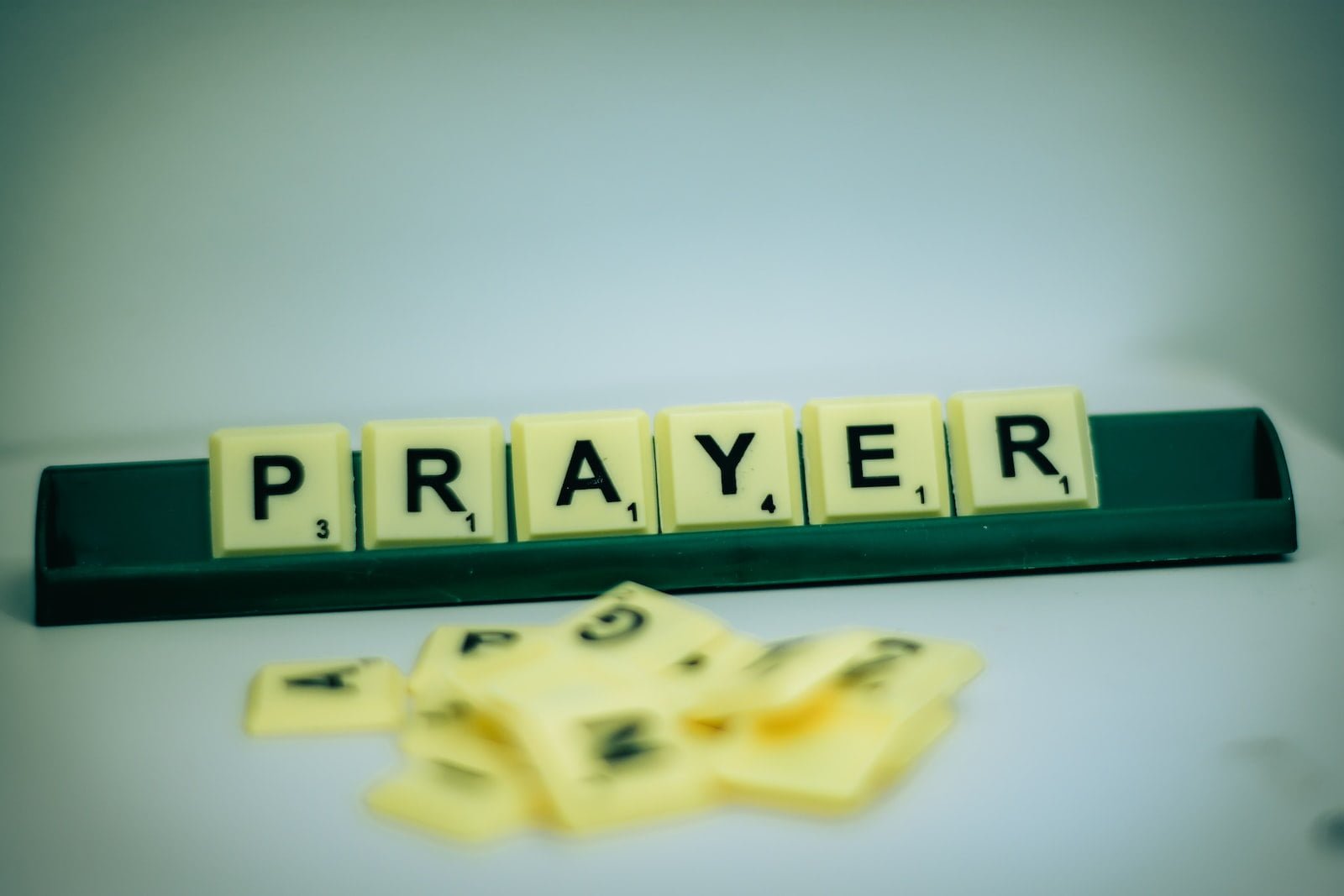As Christians, prayer is our lifeline to God. It allows us to experience His presence, seek His will, and receive His guidance and protection. It is a way for us to intercede for others and to engage in spiritual warfare. Through prayer, we can experience the peace that comes from knowing God is with us, and we can see the miraculous power of God at work in our lives.
In this blog post, I will provide answers to common questions people ask about prayers: What is the purpose of prayer? How does prayer work? Is there a right way to pray? These are just a few of the many questions that often arise when it comes to this deeply personal and spiritual practice. By exploring these inquiries, we can gain a better understanding of prayer’s significance and how it can positively impact our lives. So, let’s delve into these questions and uncover the wisdom behind this age-old practice.
Can anyone pray, or do you have to be a Christian?
While anyone can pray, as Christians, we believe that prayer is a vital part of our faith and relationship with God. Therefore, for God to hear and answer your prayer, you must, first of all, be born again. Being born again ensures that you have accepted Jesus Christ as your Lord and Savior. It is through this personal relationship with Him that Christians believe their prayers are heard and answered. However, prayer is not limited to Christians alone, as people from all walks of life and faiths can engage in prayer as a means of seeking guidance, solace, or connection with a higher power.
How often should I pray?
There is no set frequency for prayer. However, it is important to make prayer a regular part of your life and to seek God’s guidance in all things. Pray continually, as 1 Thessalonians 5:17 instructs us to “pray without ceasing.” Some people find it helpful to set aside a specific time each day for prayer, while others prefer to pray throughout the day as needs arise.
What should I pray for?
You can pray for anything that is in your heart, whether it is for yourself, for others, or for the world. The important thing is to pray in faith and trust that God hears your prayers. In addition, you can pray for guidance, strength, and wisdom to make the right decisions in your life. It is also beneficial to pray for peace, love, and healing in the world, as well as for the well-being and happiness of your loved ones. Remember that prayer is a powerful tool that can bring comfort, solace, and hope during challenging times.
Can prayer change the outcome of events?
Yes, prayer can change the outcome of events, as seen in many instances in the Bible. One example of prayer changing the outcome of events is the story of Jonah. When Jonah was swallowed by a great fish, he prayed to God for deliverance, and God answered his prayer by causing the fish to vomit him out onto dry land. This demonstrates that prayer has the power to alter the course of events and bring about miraculous interventions. (Jonah 2:1-10)
Is there a right way to pray?
No, there is no specific formula for prayer, as long as it is done sincerely and with faith. Prayer is simply a conversation with God, so it can take many forms. Some people prefer to pray aloud, while others prefer to pray silently. It’s important to find a method that works best for you and allows you to connect with God in a meaningful way.
Can we pray for things we want?
Yes, we can pray for things we want, but we should always submit our desires to God’s will. While we can bring any request before God, our prayers should align with his will. It’s important to seek God’s will through prayer and study of His Word and to trust that he knows what is best for us.
Can we pray for others?
Yes, we can and should pray for others. In fact, praying for others is one of the most selfless acts we can perform. When we pray for others, we are putting their needs and concerns before our own. It is a way of showing love, compassion, and empathy for our fellow human beings.
In the Bible, there are numerous examples of people praying for others. For instance, in James 5:14–15, we are instructed to pray for the sick: “Is anyone among you sick? Let them call the elders of the church to pray over them and anoint them with oil in the name of the Lord. And the prayer offered in faith will make the sick person well; the Lord will raise them up. If they have sinned, they will be forgiven.”
Praying for others can also be a way of interceding on their behalf. In 1 Timothy 2:1-2, Paul urges Timothy to pray for everyone, including those in authority: “I urge, then, first of all, that petitions, prayers, intercession and thanksgiving be made for all people—for kings and all those in authority, that we may live peaceful and quiet lives in all godliness and holiness.” Moreover, when we pray for others, we are allowing God to work through us to bring about His will in their lives.
We may not always know what others are going through, but God does, and by praying for them, we are inviting Him to work in their lives and bring about the best possible outcome. Furthermore, praying for others is a powerful act of love and compassion that we can perform. It is a way of showing empathy and putting the needs of others before our own. The Bible teaches us to pray for everyone, including those in authority, and by doing so, we are allowing God to work through us to bring about His will in their lives.
Does God only answer prayers from “good” people?
No, God answers the prayers of all believers who come to him in faith. It’s not about being “good enough,” but about having faith in God and trusting that he will answer our prayers according to his will.
For example, imagine a person who has made mistakes and has a troubled past but sincerely turns to God and asks for forgiveness. Despite their past, God hears their prayer and grants them the strength and guidance to make positive changes in their lives. God’s response is not based on the person’s past actions but on their present faith and willingness to seek Him.
Does God always answer our prayers?
Yes, God always answers our prayers, but sometimes the answer is not what we want or expect. It’s important to remember that God’s ways are higher than our ways and his thoughts are higher than our thoughts (Isaiah 55:8–9). He sees the bigger picture and knows what is best for us, even if it doesn’t align with our own desires.
Sometimes, the answer to our prayers may be “no” or “not yet.” This can be difficult to accept, but it’s important to trust that God knows what is best for us. In these moments, we can find comfort in the fact that God is with us, even in our struggles.
It’s also important to note that our prayers should align with God’s will. When we pray according to God’s will, we can be confident that he will answer our prayers (1 John 5:14). This requires us to seek God’s will through prayer and study of his Word.
Conclusions to Questions People Ask About Prayer
In conclusion, prayer is a powerful tool that Christians can use to connect with God and experience his presence in their lives. It is a way to bring our requests before God and trust that he will answer according to his will. By developing a consistent prayer life and seeking God’s will through prayer and study of his Word, we can deepen our relationship with him and experience the many benefits of prayer.
Whether we pray alone or in community with other believers, we can be confident that God is listening and that our prayers have the power to bring about change. As we continue to trust in God and seek his will through prayer, we can experience the transformative power of prayer in our lives. But we need faith to back up our prayers and receive answers from God.
Without faith, our prayers could seem empty and ineffective. Faith is the driving force that allows us to trust in God’s power and believe that He will answer our prayers according to His will. It is through faith that we can experience the fullness of God’s blessings and see our prayers manifest in miraculous ways.





